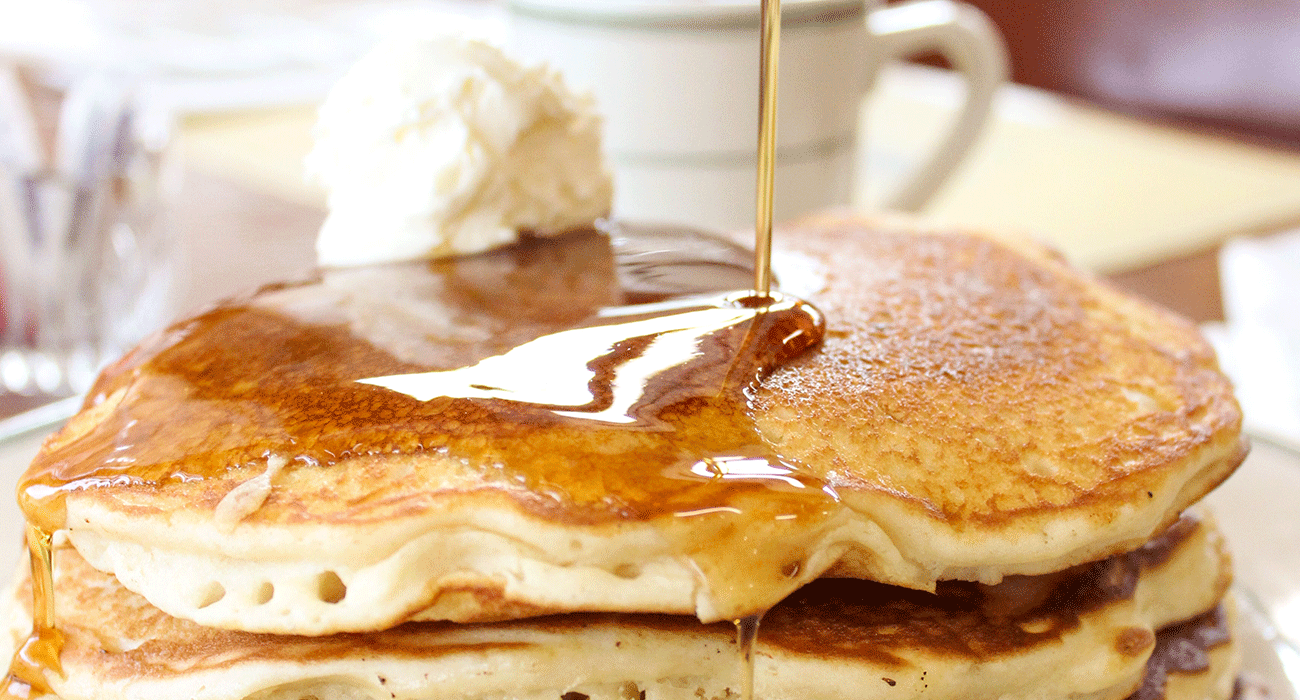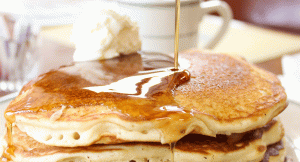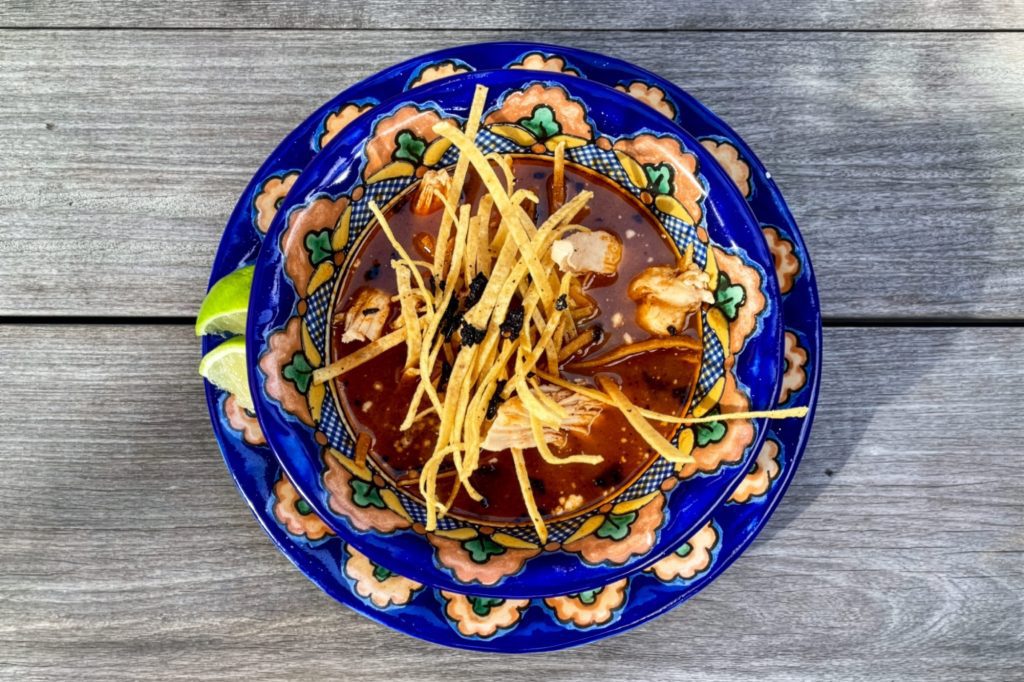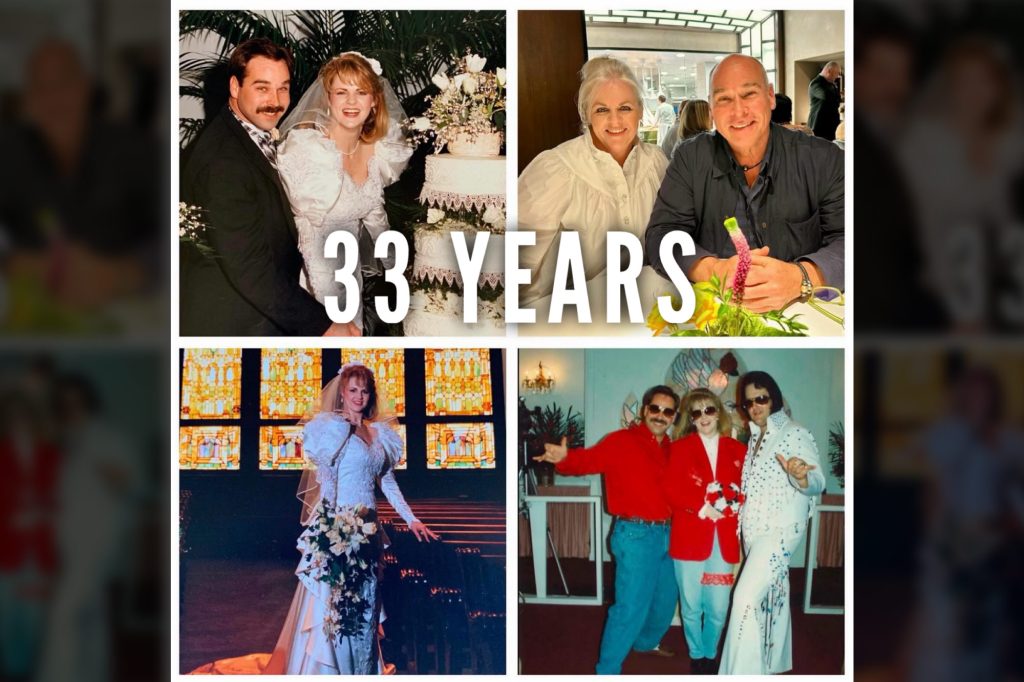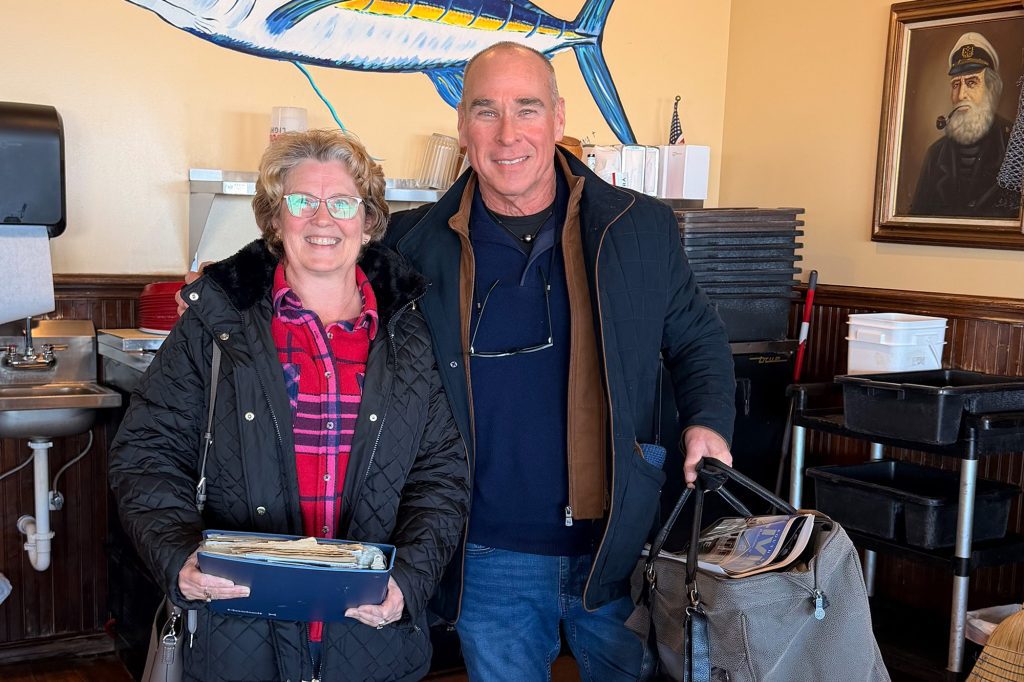When I was a child there were several absolutes growing up in my mother’s home. There were the obvious good-manner requirements of saying, “Yes ma’am,” “No ma’am,” “Please,” and “Thank you,” along with the typical mom demand to, “Make sure and wash behind your ears. Brush your teeth,” and, “Make sure and use soap when you’re taking a bath. Don’t just sit and play in that water!”
There were also scheduling absolutes. If the doors of Main Street United Methodist Church were open, we were going to be there. Sunday morning for Sunday school. Later that morning for “Big church.” Sunday night choir practice, the Sunday evening service, and youth group, and Wednesday night in the fellowship hall for covered dish supper. Occasionally they would open the fellowship hall on Saturday mornings and let us skate for a few hours. If so, we were there.
Sundays were a busy day. In addition to the mad scramble to get dressed and load up in the old yellow Plymouth, my brother and I would typically argue about one thing or another, usually who got to sit in the front seat. After church we ate with our paternal grandmother— usually at her home, but once a month we ate at the Hattiesburg Country Club where she was a member, so we could use her monthly minimum.
Lunches with my family in that era were always a workout for my brother and me. There weren’t a lot of men around, as men tend to die young in our family. Sunday lunches usually consisted of my brother and me and a half dozen older women— grandmothers, aunts, great aunts, and cousins. Adhering to our mother’s strict code of manners, my brother and I were always expected to pull out the chairs for the ladies at the table to help them get seated. This was definitely a two-man job.
About every other meal I would pull the gotta-go-wash-my-hands trick on my brother just as it was time to pull chairs for the women. That would leave him frantically racing around the table trying to pull all the chairs out so the ladies could sit down at my grandmother’s table. In the meantime, I turned on the sink in the bathroom so people would think that I was washing my hands. Mostly I was quietly snickering at my brother’s fate.
When I would return to the room where everyone was seated and waiting to bless the food, my mother would comment, “Robert, thank you for remembering to wash your hands.” My brother, sweating and out of breath, would glare as she continued, “Drew it would be nice if you remembered to wash your hands, too.” Then with all the heavy lifting and table manner work done, my brother would have to go wash his hands while we all began eating and I got first dibs on the rolls.
Another absolute from my childhood was every Sunday night we were going to watch The Wonderful World of Disney, Ed Sullivan, and Bonanza. If we had behaved all day (like remembering to wash one’s hands before lunch) we might get to stay up late and watch Mission Impossible. Another absolute was that we were going to have one of two choices for supper— beanie weenies or breakfast.
That was never much of a choice for me. A beanie weenie dinner at my house in 1967 meant mom was going to open a can of beans mixed with franks, heat it in a pot, and serve it on a plate with a piece of white bread. Breakfast for supper, on the other hand, was one of the greatest mealtime inventions ever created. If I ever met the man or woman who invented breakfast for supper, I’d pledge my undying gratitude for creating such a brilliant concept.
Breakfast for supper could mean several things— scrambled eggs, bacon, and toast, or eggs, biscuits, and sausage, or— on special occasions— cup eggs. We called them cup eggs because my mother made them in a cup. It’s nothing more than soft-boiled eggs with runny yolks and hard whites chopped up in a cup and mixed with torn pieces of toast or a biscuit. On very special occasions, or if our maternal grandmother was visiting from New York, we would have pancakes.
My maternal grandmother, who we called “Muz,” had THE pancake recipe, and she made them perfectly. Muz’s pancakes are a thing of legend in our family. To this day, four generations later, that pancake recipe, and the pancakes that come from it, are the pinnacle of the St. John family recipe hierarchy.
Last night, both kids were home, and we had a couple of friends over. My son and I cooked breakfast for Sunday supper. It was really just the version of the daddy breakfast that was in my arsenal when they were kids. I always fry bacon in my largest cast iron skillet and then use the hot bacon grease to cook the hash browns (the small, cubed kind). Sometimes we make a batch of scrambled eggs, and other times we just prepare Muz’s Pancakes. This was one of those other times.
A few years ago, after we opened our breakfast/meat-and-three concept, my son exclaimed, “These pancakes are better than Muz’s pancakes.” Our pancakes are good, I won’t deny him that. They’re fluffier and sturdier than my grandmother’s, and work much better in a commercial, high-volume environment, but I concluded years ago, that I can let people be wrong and just move on. It’s something I practice all the time.
At Sunday supper last night, my son leaned over midway through the meal and said, “I was wrong. Muz’s pancakes are better.” I just nodded and resisted the urge to say, “I told you so.” With age comes wisdom. And in his case, good taste. Now if I could just get him to wash behind his ears.
Onward.
